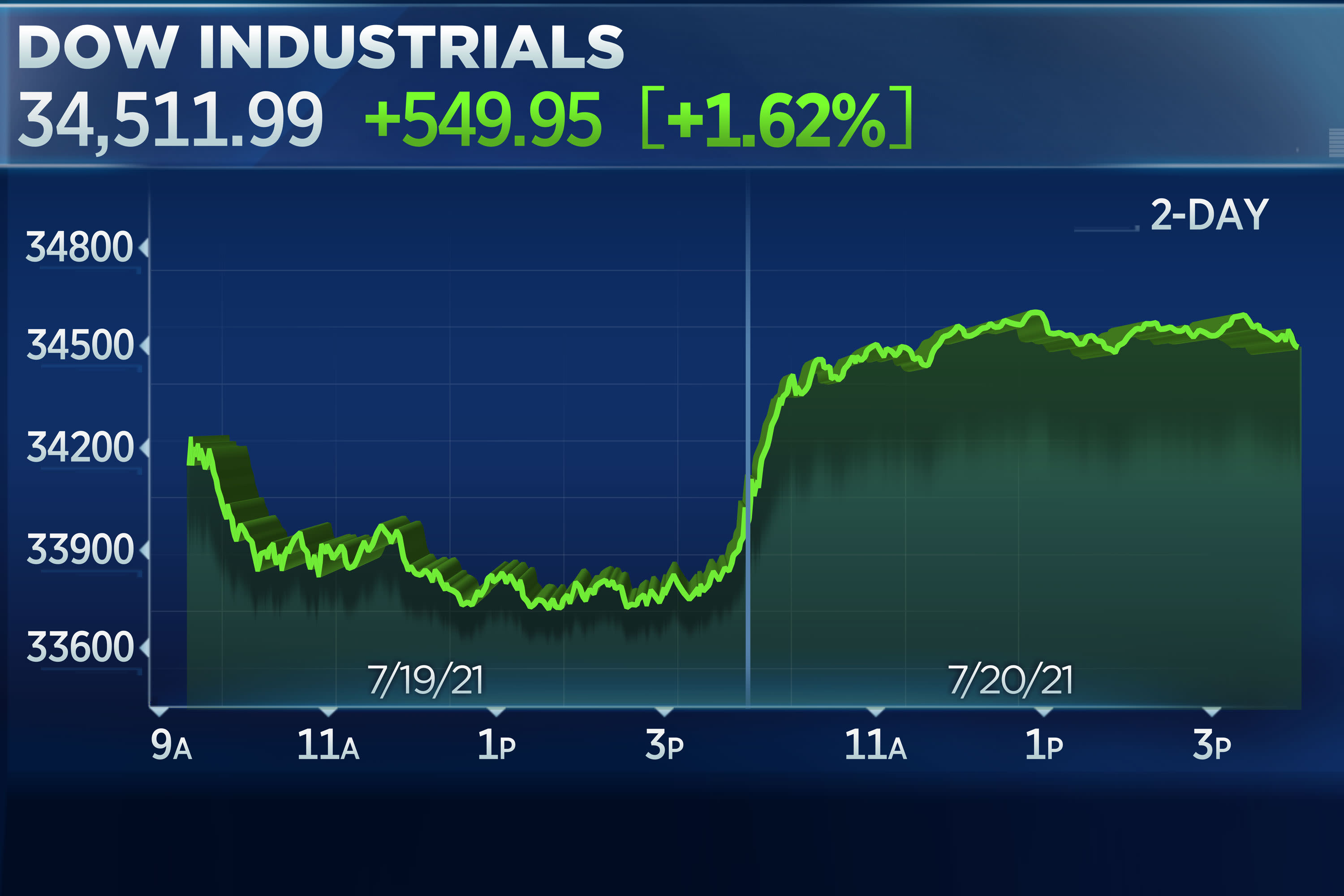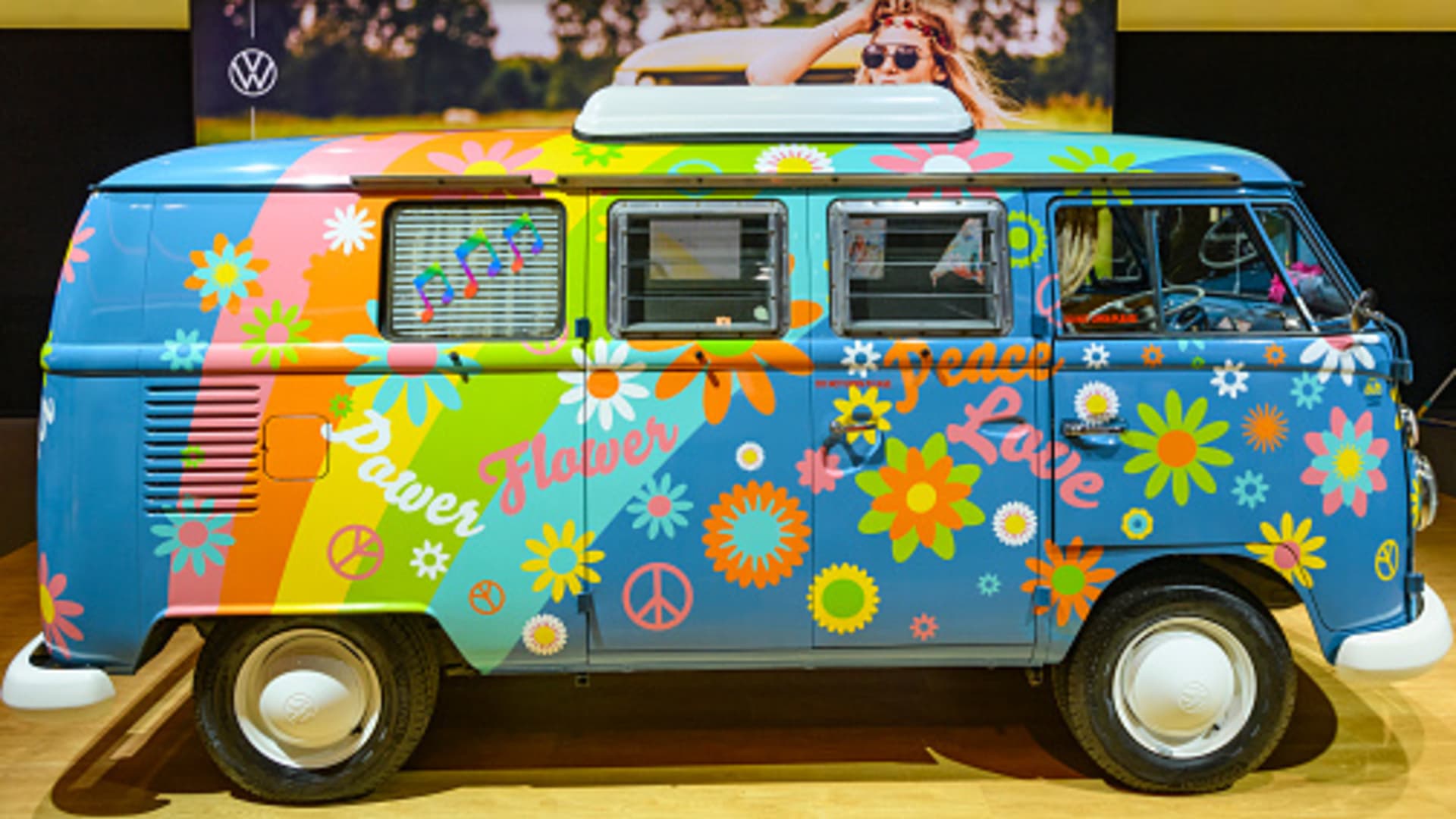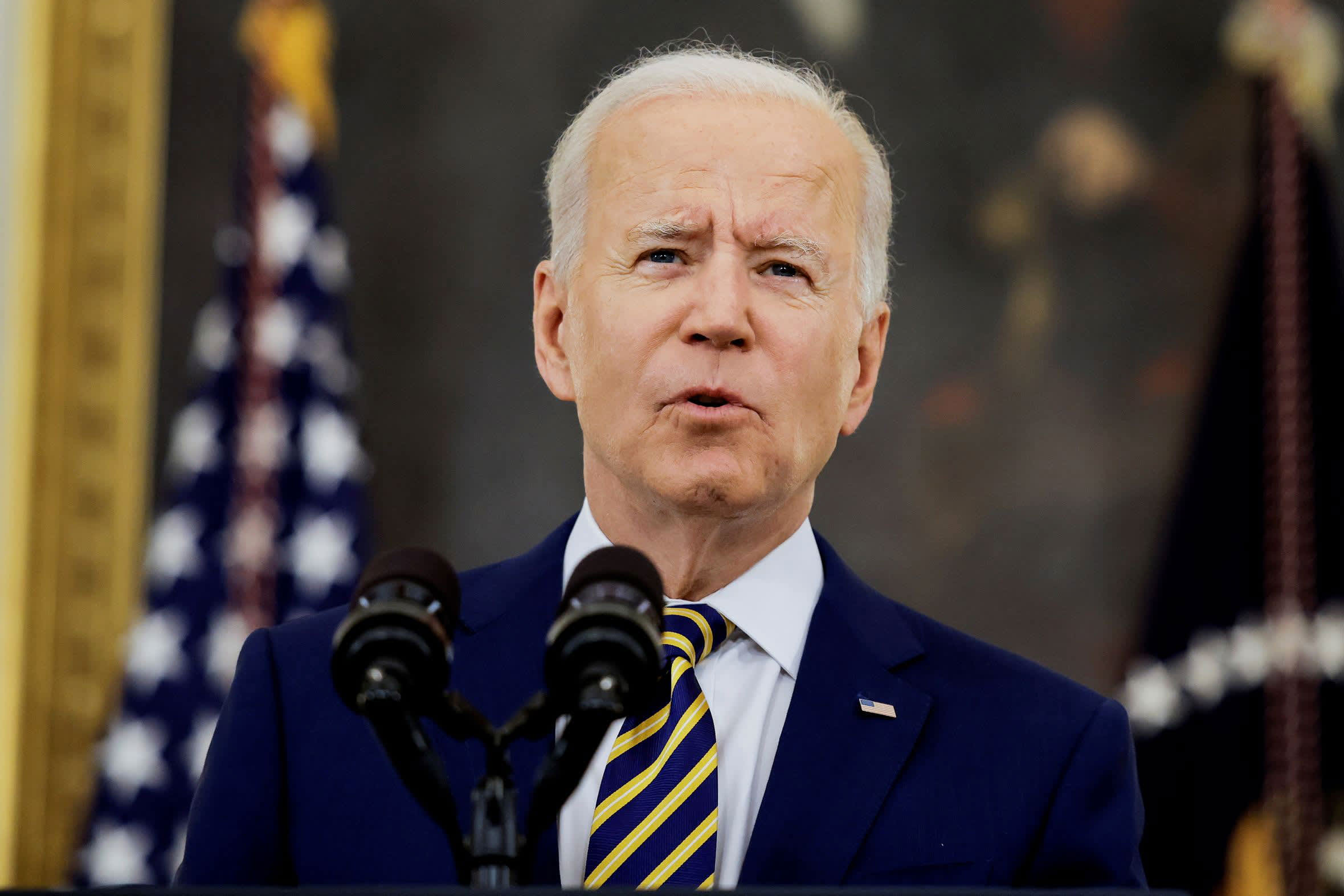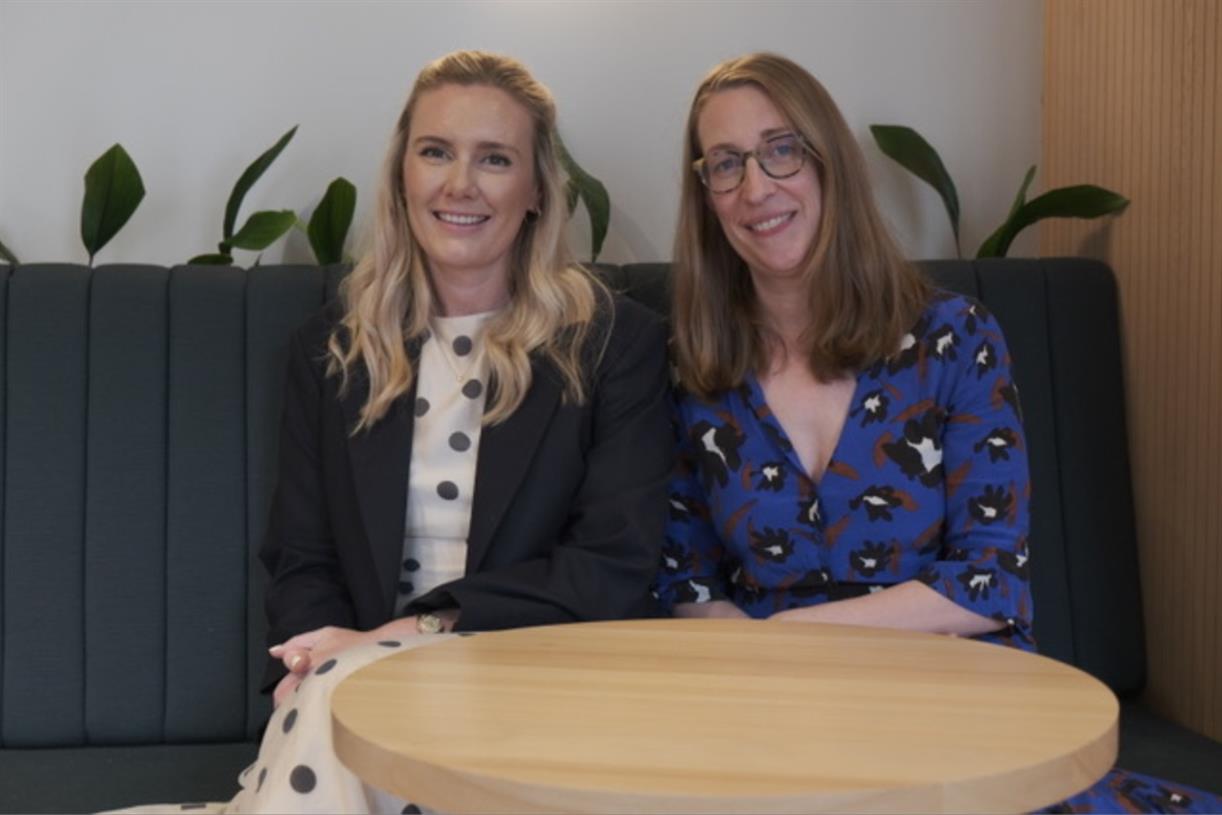Humza Yousaf wins leadership election of Scotland’s ruling party, set to lead the country
Humza Yousaf has been elected the new head of the Scottish National Party by party members.

Newly appointed leader of the Scottish National Party (SNP), Humza Yousaf, speaks following the SNP Leadership election result announcement at Murrayfield Stadium in Edinburgh on March 27, 2023.
Andy Buchanan | Afp | Getty Images
Humza Yousaf on Monday was elected the new head of the Scottish National Party, promising in a speech to bring the party together, support citizens with the cost-of-living crisis and deliver independence from the United Kingdom.
He is slated to assume political leadership in Scotland following his nomination in the Scottish Parliament on Tuesday.
Yousaf said his immediate priority would be to "protect every Scot, as far as we possibly can, from the harm inflicted by the cost-of-living crisis, to recover and reform our NHS and other vital public services, to support our wellbeing economy, to improve the life chances of people right across this country."
He added that he would work on plans to "extend childcare, improve rural housing, support small businesses and boost innovation."
The SNP supports the campaign for Scotland to gain independence from the United Kingdom and holds a majority of 64 of the 129 seats in the Scottish parliament, giving it control over devolved areas that include housing, education, justice, local government and areas of taxation.
Yousaf, currently Scotland's health secretary, has served in government since 2012 and was considered the favorite in the race against Kate Forbes and Ash Regan.
He has positioned himself as a unity candidate and has been touted by supporters as best-placed to maintain the SNP's alliance with the Scottish Greens party. He told BBC Scotland that his leadership style compared to his predecessor Nicola Sturgeon would be "less inner circle and more big tent."
His political opponents have criticized his record as health secretary, with waiting times at A&E hitting record highs and drug-related deaths continuing to rise in the country.
Yousaf, whose father is originally from Pakistan and emigrated to Glasgow in the 1960s and whose mother was born in Kenya, is set to be the first person of color to lead Scotland. If approved on Tuesday, he will be the country's sixth leader since the establishment of the Scottish parliament in 1999.
"We should all take pride in the fact that today we have sent a clear message, that your color of skin, your faith, is not a barrier to leading the country we all call home," Yousaf said.
'Proud Scot and equally a proud European'
Yousaf's election follows the surprise Feb. 15 resignation of Sturgeon, who served as SNP leader and Scotland's first minister from November 2014.
She became a well-known political figure in the U.K., uniting her party and leading it to win a wide majority in Scotland during three general elections. Sturgeon generated both praise and significant controversy over recent reforms to gender legislation in Scotland, and leaves behind a mixed legacy on domestic issues.
Yousaf, an ally of Sturgeon's, has previously said he would challenge the U.K. government decision to block the gender reforms, but that he would be guided by legal advice in doing so.
Political commentators say that the new SNP head must manage a party which saw its divisions deepen during the heated leadership campaign, and will also contend with questions on the way forward for Scottish independence.
In his speech on Monday, Yousaf said, "We will be the team that delivers independence for Scotland," and stressed that what united the SNP after recent infighting was that shared goal. He continued that building support for the cause would need to be done "on the doorstep."
Sturgeon was leader during the 2014 independence referendum, when 55.3% of poll goers voted against leaving the union.
The SNP has campaigned for a second referendum since the Brexit vote in 2016, in which 62% of those who headed to Scotland polls chose to remain in the European Union. In November, the U.K.'s highest court ruled that any second Scottish independence vote would have to be approved by the U.K. government, which opposes the move.
Yousaf has not committed, as Sturgeon did, to using the next election — expected to be held next year — as a de facto independence referendum.
On Monday, he said he was a "proud Scot and equally a proud European too."
"Scotland is a European nation. We want to return to the European union and play our part in building a continent that's based on human rights, on peace, prosperity and social justice," he said.

 JimMin
JimMin 































